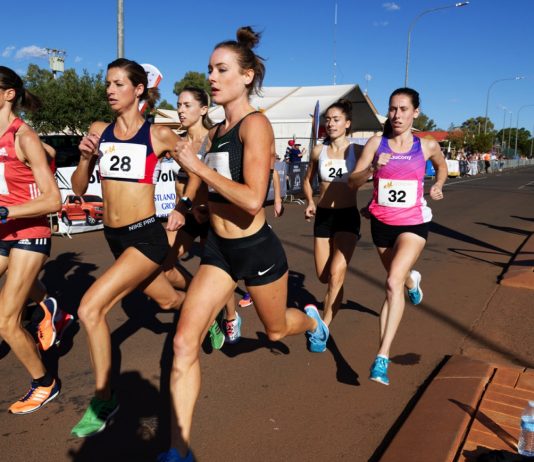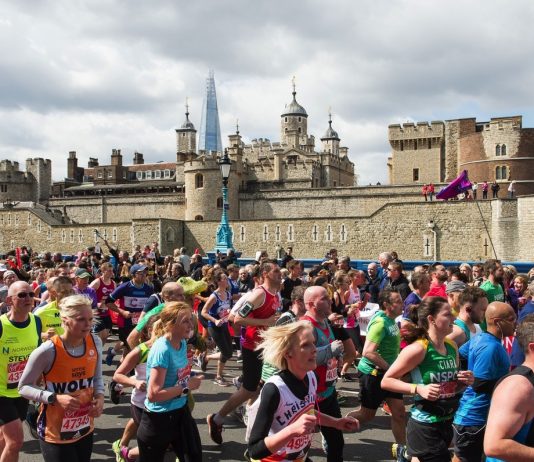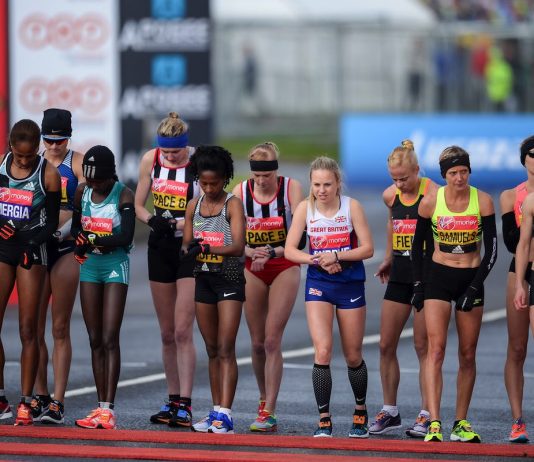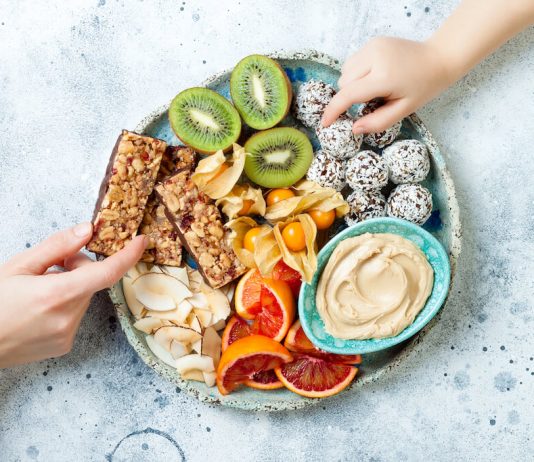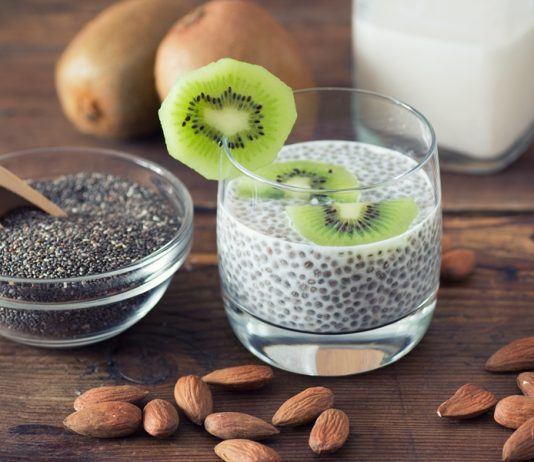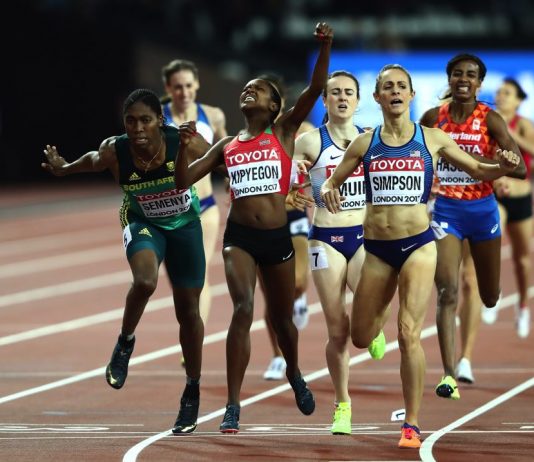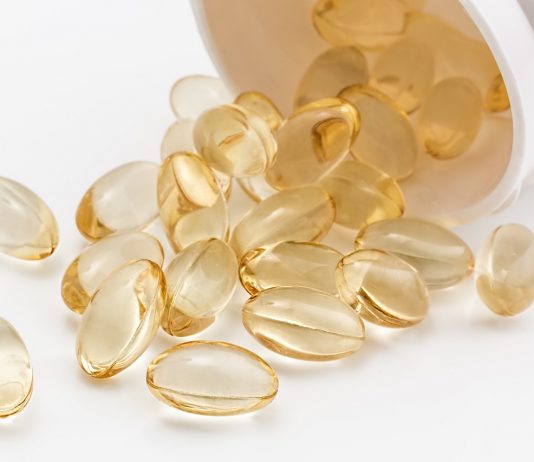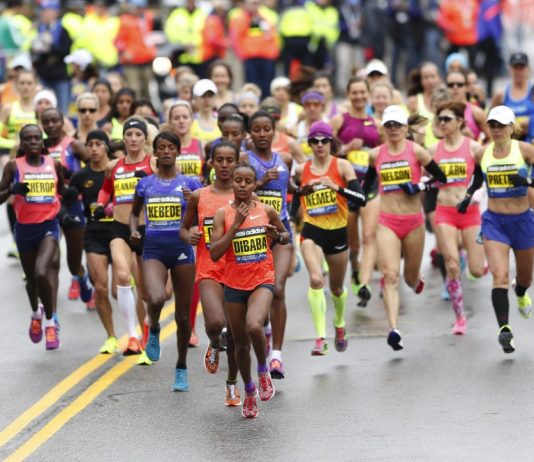Why magnesium?
Magnesium is a vital mineral for the body to function and to achieve optimum performance levels for athletes. About 60% of the magnesium in your body is found in bone, while the rest is in muscles, soft tissues and fluids, including blood. Because of magnesium’s role in energy...
Whether you’re a seasoned pro or a fitness newbie, injuries can happen to anyone at any time. This is especially true for runners. In fact, each year, 65 percent of all runners will experience an injury at some point.
It’s not uncommon for runners and other active individuals to put...
There are different reasons that when men might develop conditions of cardiac ailments. Our heart is very sensitive to external stimuli, getting affected from different activity that we do the food you are eating or the activities you are doing come up it also makes your heart get influenced....
Runner’s Tribe - By Alex Dreyer - Nutritionists
At some point in your athletic career, be you elite, amateur, recreational, or age-grouper, there comes a time when a decision must be made about whether to take one of those shiny gels being handed to you at an aid station in that...
If you're looking for a snack to give you an energy boost during a mid-run, it can be challenging to find something that's easy to digest and provides enough energy, especially if you're running a marathon. To help, we've compiled a list of 17 unexpected mid-run snacks that can help you perform better.
Runners, in particular, can derive substantial benefits from incorporating chia seeds into their dietary regimen. Here are compelling reasons why:
Anxiety is one of the part of life that usually happens one’s in a lifetime.
How have you been to this. What are the conditions that made you uneasy?
There are lot many questions that are related to anxiety. To overcome this major concern, Buy Etizolam has been found as one effective drug...
Whether you’re training for a 5k or a marathon, proper nutrition is key. While it’s important to get as many nutrients as you can from whole foods, sometimes, you may need a little extra help.
There are a few supplements on the market that are great for runners. The following...
Originally Published, Monday, June 24, 2019 - 13:15, Rodrigo Pérez Ortega, Contributor, Inside Science. Republished with permission.
Written by Rodrigo Pérez Ortega
(Inside Science) -- Finishing the Boston marathon is a life-changing milestone for many athletes. The same goes for the microbes in their guts.
In a new study, published today in the journal Nature...
Ultramarathon runners, even seasoned ones, often face unexpected stomach challenges during races. Pushing limits in extreme conditions can swiftly turn a promising race into a digestive disaster when the body rejects fuel.


